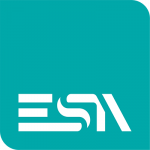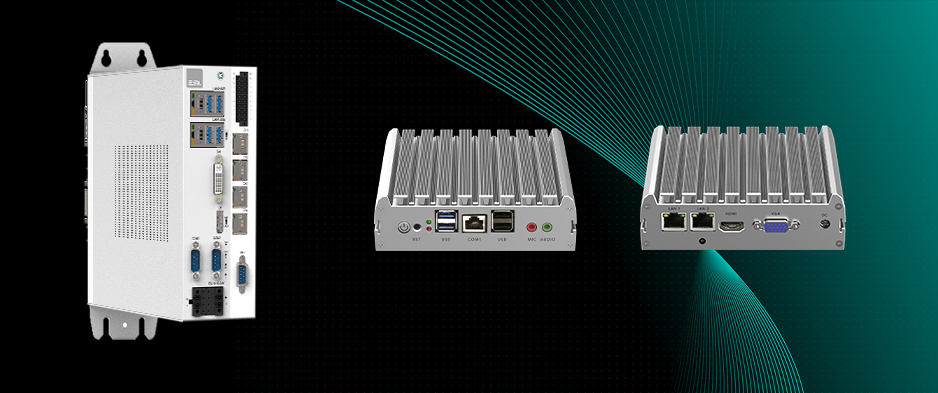In 2019, even before coronavirus, the industrial PC market recorded a decline mainly due to a slowdown in some sectors, including automotive, and to other political and economic factors in some regions of the world. Hopes for a recovery were crushed by the COVID-19 pandemic, which took the global industry by surprise in 2020.
After two challenging years, the question arises: what does the future of the IPC market look like? Due to the uncertainties surrounding the pandemic, there is no certainty. However, experts predict not only a recovery, but a rapid development of the industrial PC market in the period between 2021 and 2027. In particular, demand growth will be driven by some specific technological trends, including:
- Connectivity between IPC boxes and remote devices via IIoT
- Cloud application platforms
- Application of IPC as edge devices
- Integration between industrial PCs and artificial intelligence (AI)
Are Box IPCs the future of the IPC Industrial market?
One of the main IPC market trends are box devices. With the increasing need for remote work and business digitalization growth according to IoT, the functionality of devices changes. Visualization is delegated to mobile devices such as smartphones and tablets, so that operators can monitor the production process without having to be in front of the machinery.
That is why ESA has decided to expand its offer of IPC boxes with a new model of PC mini-box (LUMIA2MINIA1350) and a complete line of PCs in BOOK format.
This type of product suits the Edge-Client philosophy of the new architecture of the KREO HMI configuration software. The edge component (server) communicates with the field and manages complex data structures (alarms, data logs, recipes, users, scripts). In addition, it integrates a web server that publishes HTML5 pages for viewing clients. While the display part is therefore entrusted to an external device, and the only prerequisite is that a browser capable of handling the HTML5 format with JavaScript is installed.
LUMIA2MINI
Apollo lake N4200 CPU, 4GB RAM, 128GB SSD, W10 IoT, 2 independent ethernet ports (in view of OT and IT separation)
LUMIA2BOOK
Complete range from Apollo lake J3455 CPU to Intel Core I7-7700T (7th generation) with different configurations and expansions (KVM transmitter, digital inputs and outputs, 4-port switch with PoE, PCI and PCIexpress slots for additional cards).

